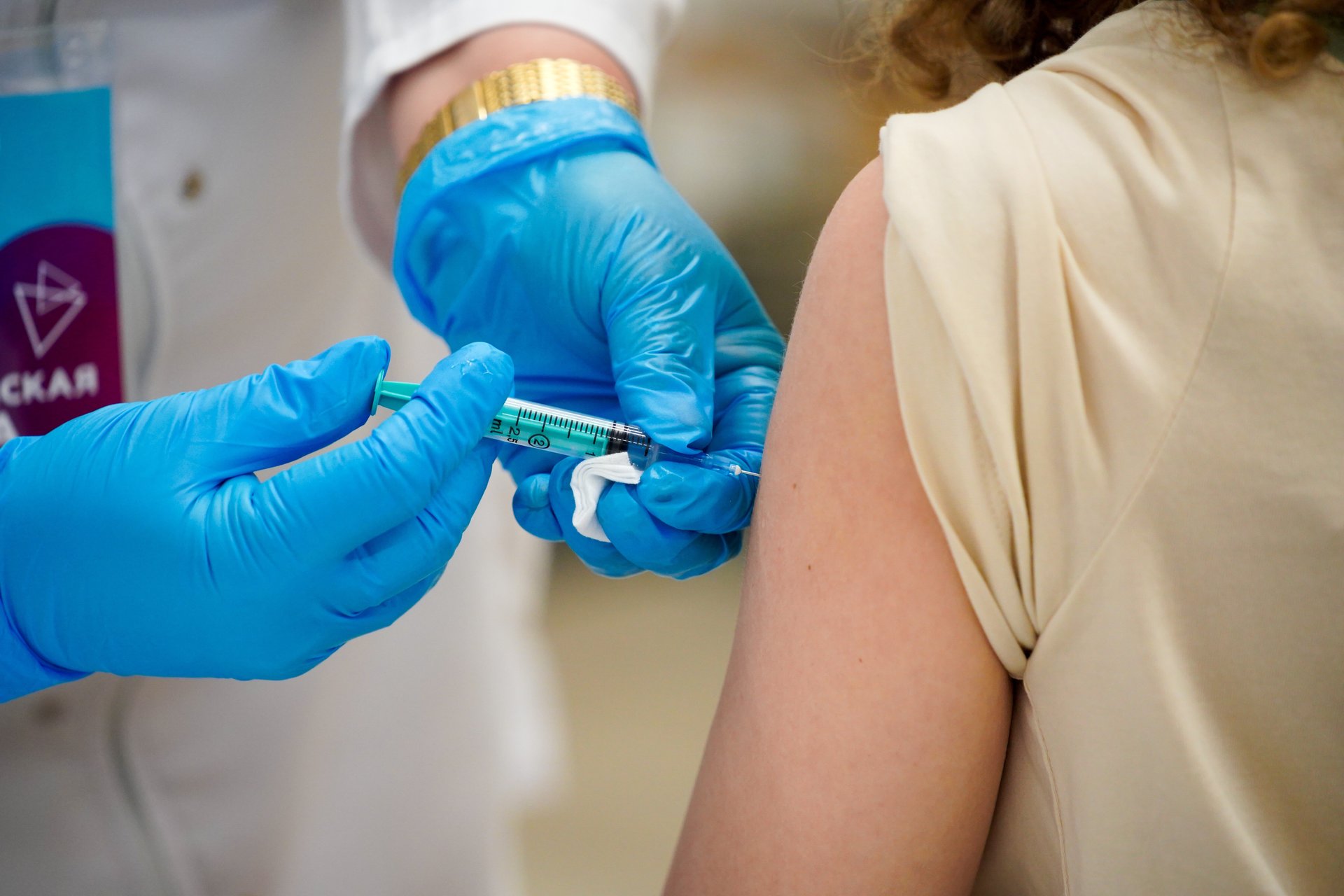Russian Prime Minister Mikhail Mishustin instructed from January 21 to ensure the maximum possible transfer to a remote format of meetings of deputy prime ministers, the government apparatus, as well as federal ministries and departments, their territorial divisions and subordinate organizations.
The corresponding order is published on the website of the government.
“From January 21, 2022, ensure the maximum possible holding of meetings exclusively remotely (without face-to-face participation) and the transfer of employees (employees) to a remote mode of work,” the order says.
The head of the Cabinet also instructed to transfer employees of the government apparatus, federal authorities and the analytical center under the government to the remote mode of work as much as possible.
The press service of the Cabinet recalled that the meeting of the Presidium of the Coordinating Council for Combating COVID-19, which took place on January 18, was devoted to the situation with the new Omicron strain.
“Mikhail Mishustin noted that the government, on behalf of the president, has developed a plan for additional measures to counter the infection.
They, among other things, should help prepare the healthcare system for a possible sharp increase in the number of patients, ”the message says.
After that, the Ministry of Education announced the transfer to a remote mode of work of most of its employees.
Press Secretary of the President of Russia Dmitry Peskov, in turn, said that a full-fledged remote mode of work in the presidential administration is impossible, but "the Kremlin always tries to minimize the risks in terms of a pandemic."
“We are very flexible in this regard.
Those employees who can perform their duties remotely already do it, ”TASS quoted him as saying.
According to the city department of Rospotrebnadzor, almost 80% of those who fell ill with "omicron" in the capital did not leave the Moscow region.
“As of January 21, 1,831 cases of illness with the new SARS-CoV-2 omicron virus genovariant were registered in Moscow, of which 1,460 cases (79.7%) did not travel outside Moscow and the Moscow Region,” the statement says.
They added that another 371 cases were imported and associated with trips to other countries.
Meanwhile, the head of the Kaluga region, Vladislav Shapsha, said that the first cases of infection with "omicron" were detected in the region.
The governor expressed the opinion that their number will grow.
“In general, we see that the numbers of the incidence of coronavirus are growing,” he said in a video message on Telegram.
Deputy Prime Minister Tatyana Golikova said that the level of herd immunity to coronavirus in Russia increased from 63.7% to 64.4% over the week.
“Four regions maintain their leadership, where the level exceeded 80%.
These are Sevastopol (90.5%), St. Petersburg (84.6%), Karelia (83.0%) and Chukotka (80.6%), ”the operational headquarters for combating COVID-19 quotes her as saying.
Meanwhile, the Russian Ministry of Health emphasized that the transferred coronavirus almost always has long-term negative health consequences, especially for those who have not been vaccinated.
AGN "Moscow"
© Alexander Avilov
The department reminded of the need to use personal protective equipment indoors and in contact with other people, wash hands and minimize visits to crowded places.
Also on Friday, the Federal Biomedical Agency (FMBA) submitted an application to the Ministry of Health for registration of the Convasel vaccine against coronavirus infection.
The drug is an emulsion for intramuscular injection.
UN Secretary-General António Guterres, during a speech before the General Assembly of the organization, warned of the threat of a new strain of coronavirus that would be more dangerous than the omicron version.
Guterres spoke about the importance of global vaccination, noting that its pace lags behind its goals.
Allergist-immunologist Vladimir Bolibok, in an interview with URA.RU, noted that the disease in those infected with "omicron" and at the same time not vaccinated patients can proceed in a more severe form.
“Moreover, the new strain does not so much cause covid pneumonia as it hits the vessels, dramatically changes blood clotting, that is, coughing occurs not due to inflammation, but due to blockage,” the expert said.
At the same time, in vaccinated or recovered patients, “the body quickly recognizes the virus, and the disease usually occurs in the form of SARS,” the specialist noted.

